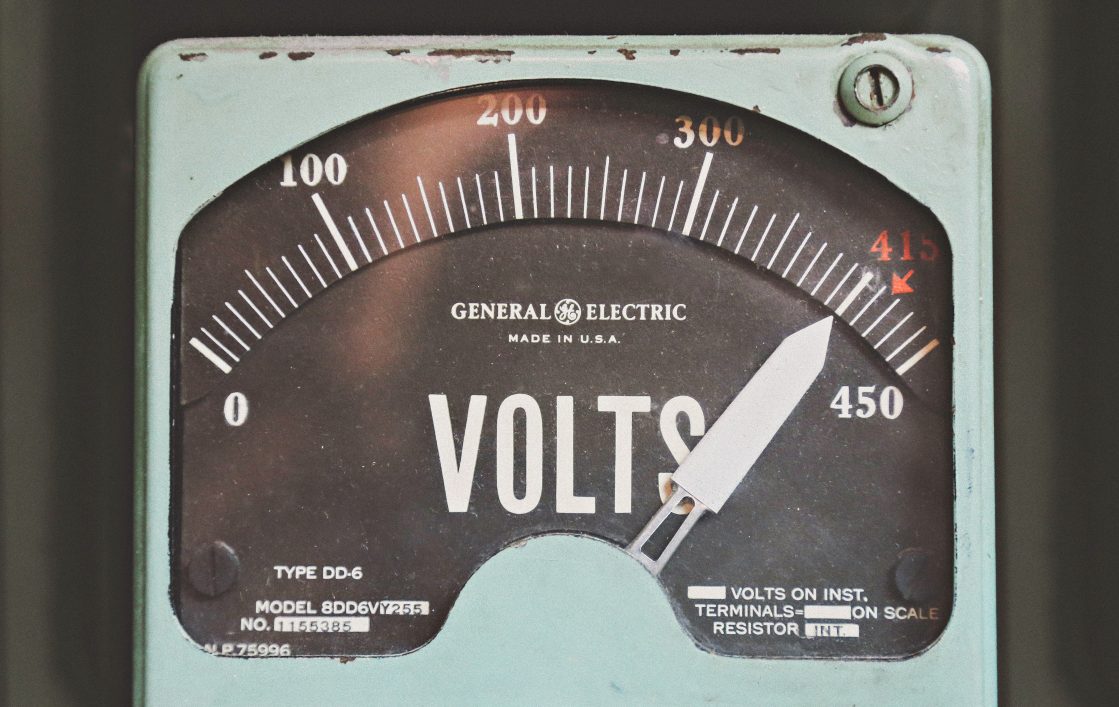There are likely five significant trends in the future for energy generation.
Decentralization of Energy Generation:
The traditional centralised energy model is shifting towards decentralised systems, where energy is generated closer to where it is consumed. This includes the rise of distributed energy resources (DERs) such as rooftop solar panels, small wind turbines, & community solar projects. This trend enhances energy resilience, reduces transmission losses, & empowers consumers to become active participants in energy generation.
The Integration of Renewable Energy Sources:
The global push for sustainability is driving significant investments in renewable energy technologies, such as solar, wind, hydroelectric, & geothermal. As technology advances and costs decrease, renewables are becoming more competitive with fossil fuels. The integration of these sources into the energy mix is expected to accelerate, supported by policies aimed at reducing carbon emissions & transitioning to a low-carbon economy.
Energy Storage Solutions:
The growth of renewable energy generation brings challenges related to intermittency & reliability. Energy storage technologies, particularly batteries, are critical for addressing these issues. Innovations in battery technology, such as lithium-ion and emerging solid-state batteries, are enabling more efficient storage of excess energy generated during peak production times for use when demand is high. This trend will enhance grid stability and facilitate greater adoption of renewables.
Digitalization and Smart Grid Technology:
The energy sector is increasingly adopting digital technologies, including smart meters, IoT devices, & advanced analytics, to create more intelligent & responsive energy systems. Smart grid technology allows for real-time monitoring & management of energy consumption, optimising energy distribution and enabling demand response strategies. This digital transformation enhances efficiency, improves customer engagement, & facilitates the integration of renewable energy sources.
Electrification and Energy Efficiency:
The electrification of various sectors, including transportation (through electric vehicles), heating (via heat pumps), & industrial processes, is a key trend aimed at reducing reliance on fossil fuels. Coupled with a focus on energy efficiency measures, this trend aims to lower overall energy consumption & greenhouse gas emissions. Policies and incentives promoting electrification & efficiency will likely accelerate the transition to cleaner energy sources.
The future of energy generation will likely be characterised by greater sustainability, resilience, & efficiency, paving the way for a cleaner & more equitable energy system.

Countries that have invested continuously in energy upgrades over the past 30 years are used to the process & cost associated with securing energy supply, applying new forms of generation & transitioning away from more traditional forms of power generation.



